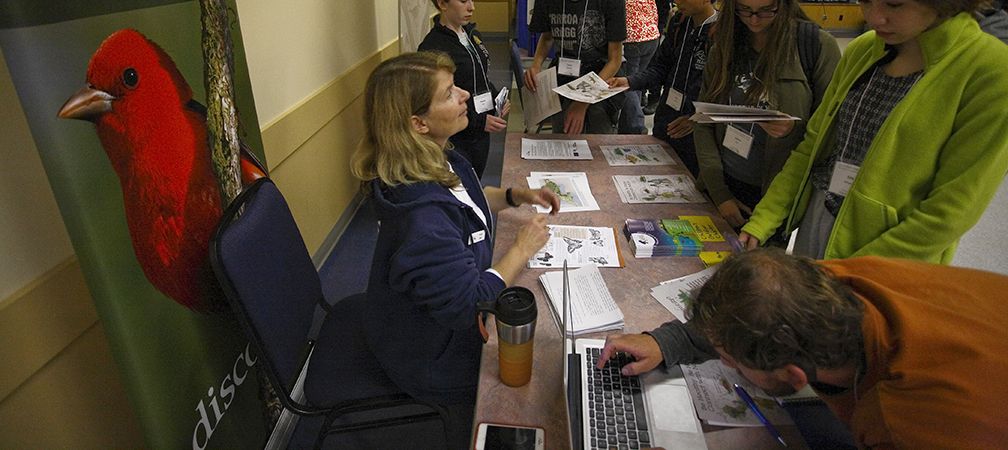Even though I’ve been advocating for nature in various ways for more than 40 years, I sometimes sit back and fantasize that full-time activists will “fix” things. Well, I’m back in the saddle now. Recent weather events, headlines and the Ontario government’s long list of violations against the environment all scream the same message: Help! Saving this province (and this planet) is too big a job for even the most dedicated full-time activists to handle on their own. “Non-activists” need to pitch in too.
Short on time? Find reading about the issues too depressing? Don’t think your two cents are worth more than… two cents? I hear you on all counts. Please read on. (Spoiler alert: At the end of this blog, you’ll find some ways that activism can make you happier.)

Quick ‘n’ Easy Nature Advocacy
On Ontario Nature’s Advocate for Nature page you’ll find links to Action Alerts concerning our province’s most urgent environmental issues. You can simply sign, add your own message and sign, or use the letter as a template to write your own.
Skeptical About “Clicktivism”?
All correspondence with elected representatives gets tallied. Staffers say this about form letters: “… any communication with elected officials is better than none… if you care about something, let them know, because a person on the other side of the issue is likely doing the same.”
Also consider this warning from the Canadian Federation of University Women: “Your elected representative (or party) assumes a lack of response to an action as tacit approval of that action.”

Letter-Writing Tips
- Elected reps give priority to messages from constituents. By including your address and phone number in an email, you prove that you are a constituent.
- Personal letters from constituents get personalized responses; that means elected officials read them more carefully.
- Be polite. Otherwise, it’s possible the only message they’ll hear is: Rude.
- Respond to their response to show that you’re still paying attention and push back on anything that doesn’t have merit.
How Effective Are Letters to the Editor?
The David Suzuki Foundation states that “One of the best ways to tell government to protect the environment is writing a letter to the editor. The letters page is one of the most popular parts of a newspaper… [Elected representatives] keep an eye on it to stay abreast of their constituents’ concerns.”
Even if your letter doesn’t get published, it can still pack a punch: “The more letters [editors] receive on a given topic, the more likely they are to devote space in the newspaper to that issue – and to hold folks in power to account.”

Election Time is Coming: Let Your M.P. Know Where You Stand… And VOTE!
With an election coming up in June, our elected representatives are paying even closer attention than usual. Dr. Anne Bell says it best in ON Nature magazine: “As nature advocates, we need to step up, reach out and hold elected representatives to account… We must do our utmost to ensure that no party stands a chance unless it has a strong pro-environment platform.”

Advocating for Nature Makes You Happier
I have no doubt that a comparison of blood samples taken from me before and after simple acts of nature-advocacy would confirm that activism boosts our happiness hormones. Dopamine “rewards you for getting things done”. Serotonin “helps you feel more grounded and balanced”. Oxytocin, “makes you feel like you belong.”
Of course, activism for nature in nature has even more physical and mental health benefits. For links to outdoor volunteer opportunities and nature-based events for adults and youth, check out Ontario Nature’s Take Action and Programs and Events webpages.
